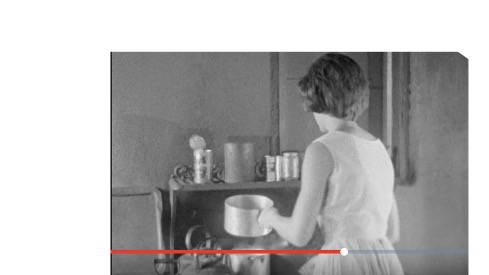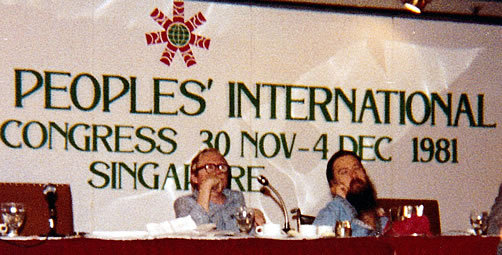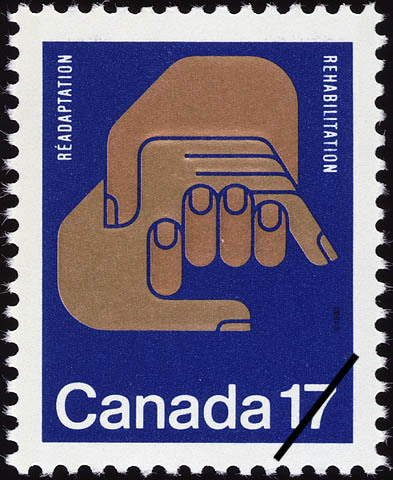Top 6 English-language Works on Children and Humanitarian Aid
~ as recommended by Dominique Marshall, September 2021~
~ With an introduction by Sarah Glassford ~
Although some of the modern world’s earliest humanitarian movements and organizations revolved around adult concerns such as the immorality of chattel slavery or the devastation of war, children quickly emerged as a central focus of certain humanitarian efforts and as powerful ambassadors of need in many others. As Karen Dubinsky writes, children “are as rich in symbolism as they are short on power,”[1] making their perceived suffering an excellent means of mobilizing support for fundraising and awareness campaigns. But they are also people with a degree of agency, who experience their times and circumstances – and the aid thrust upon them – in ways that do not necessarily follow the roles ascribed to them.
What follows is a shortlist of English-language works – some classic and some more recent – that innovatively and sometimes movingly explore the ways children at home and abroad have been recipients, donors, and symbols of humanitarian aid.
Dr. Marshall’s (current) top 6 essential reads, in order of publication:
1. Joy Parr. Labouring Children: British Immigrant Apprentices to Canada, 1869-1924. Montreal: McGill-Queen’s University Press, 1980.
This classic study of orphaned and working-class British children sent to Canada as apprentices and adoptees provides a very well-rounded view of the (not always positive) outcomes of child-saving adults’ good intentions and authority. It also emphasizes the impact of class on childhood – particularly for the children of the poor.
2. J.R. Miller. Shingwauk’s Vision: A History of Native Residential Schools. Toronto: University of Toronto Press, 1996.
Another classic study, this one is about assimilationist institutions for Indigenous children that were claimed in their time to be a form of Canadian humanitarianism at home. Although there are now more recent, and more critical, works on the residential schools, Miller’s chapter on the resistance of the children is still full of meaning and good questions.
3. Erica Bornstein. The Spirit of Development: Protestant NGOs, Morality, and Economics in Zimbabwe. New York: Routledge, 2003.
An anthropological and sociological study of two religious, transnational NGOs in Zimbabwe, Bornstein’s study offers an excellent on-the-ground view of the roles of both sponsors and sponsored children/families, that prompts new ways of thinking about humanitarian images, actions, and consequences.
4. David M. Rosen. Child Soldiers in War and Terrorism. Rutgers Series in Childhood Studies. New Brunswick, NJ: Rutgers University Press, 2005.
The question of child soldiers is all too often oversimplified. Rosen’s study unpacks the many complicated dimensions of this phenomenon, including how a variety of political groups in Africa have argued in different ways for the rights of children, and the decisions made by children themselves.
5. Karen J. Sanchez-Eppler. “Copying and Conversion: An 1824 Friendship Album ‘from a Chinese Youth.’” American Quarterly 59, 2 (2007): 301-339.
Sanchez-Eppler’s careful study of a friendship album created at a Connecticut school that trained “heathen” youths to be foreign missionaries, interpreters, doctors, and teachers is a wonderful model for how to approach and mine primary sources for evidence of children’s expressions and emotions – even in what might appear to be conventional copy-work or formulaic sentiments.
6. Matthew Hilton. “Ken Loach and the Save the Children Film: Humanitarianism, Imperialism, and the Changing Role of Charity in Postwar Britain.” The Journal of Modern History 87, 2 (2015): 357-394.
Hilton’s valuable article examines the first fifty years of Britain’s Save the Children through the lens of a 1969 documentary by Ken Loach that framed SCF’s work in Africa as a form of imperialism. The Loach film and Hilton’s article both highlight how domestic social policies and humanitarian endeavours proceed from the same attitudes. There is much more to say in this area – for instance, with respect to the teaching of lip-reading (rather than sign language) to deaf children, as documented in Lindsay Anderson and Guy Brenton’s 1954 short documentary Thursday’s Children (about The Royal School for the Deaf in Margate, UK).
_____________________
Dr. Dominique Marshall is Professor of History at Carleton University, where she teaches and researches the histories of social policy, children’s rights, humanitarian aid, refugees, disability, and technology. She is the founder and coordinator of the Canadian Network on Humanitarian History, and served as president of the Canadian Historical Association 2013-2015. Her book, Aux origines sociales de l’État providence (1998) [available in English as The Social Origins of the Welfare State (2006)] received the Jean-Charles Falardeau Prize (now Canada Prize) from the Canadian Federation of Social Sciences and Humanities. Among many other organizations and projects, she is a member of the advisory board of Resilient Humanitarianism funded by the Australian Research Council, and of the teaching website Recipro: the history of international and humanitarian aid.
Dr. Sarah Glassford is the Archivist in Leddy Library’s Archives & Special Collections at the University of Windsor, and a social historian of modern Canada whose published works include Mobilizing Mercy: A History of the Canadian Red Cross (2017). She would like to officially thank Dominique for introducing her to the formal study of humanitarian history (ca. 2008, when Sarah was a postdoctoral fellow at Carleton’s neighbouring institution, the University of Ottawa) and for looping her into many shared projects and networking opportunities ever after.
[1] Karen Dubinsky, “Children, Ideology, and Iconography: How Babies Rule the World,” Journal of the History of Childhood and Youth 5, 1 (2012): 8.










